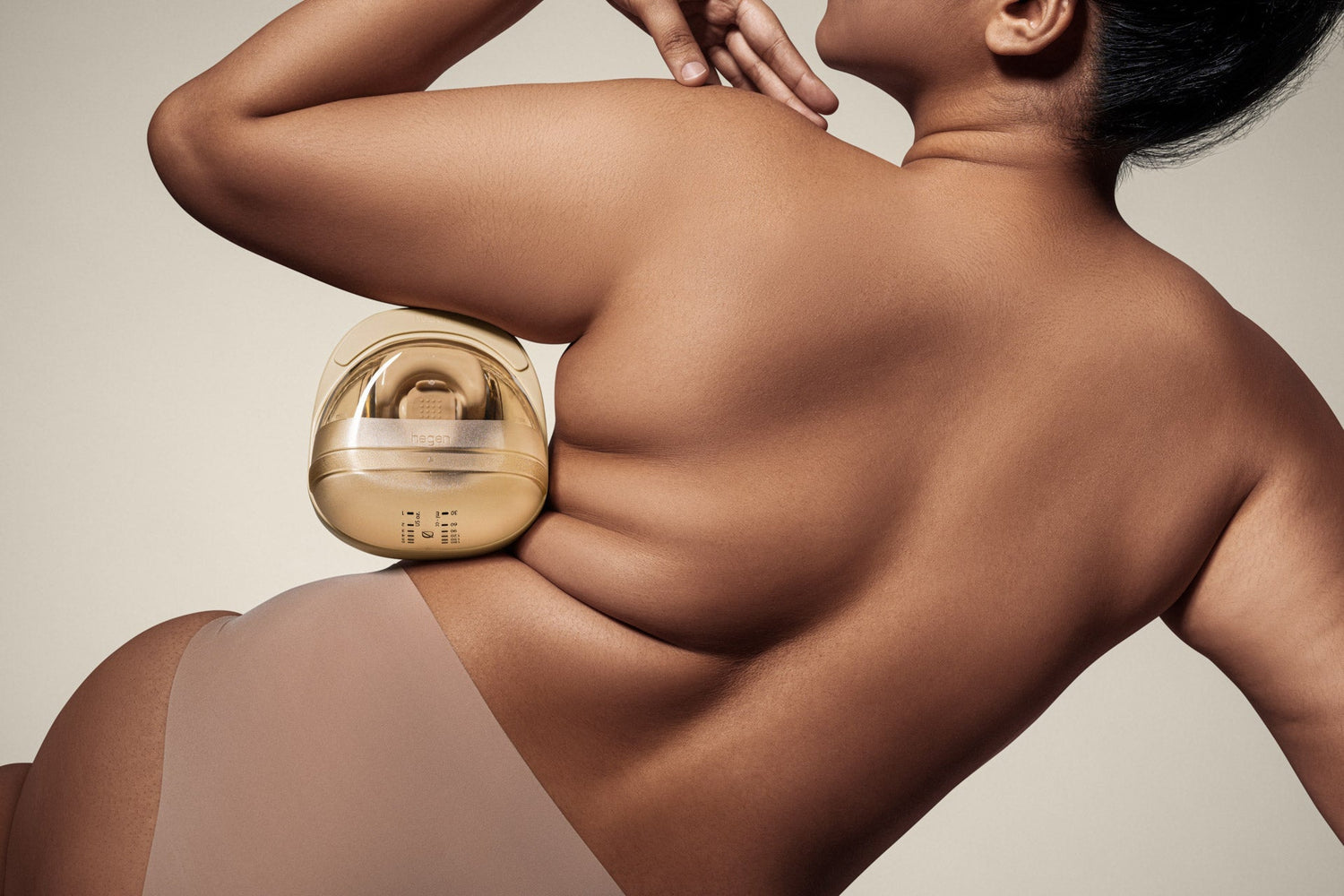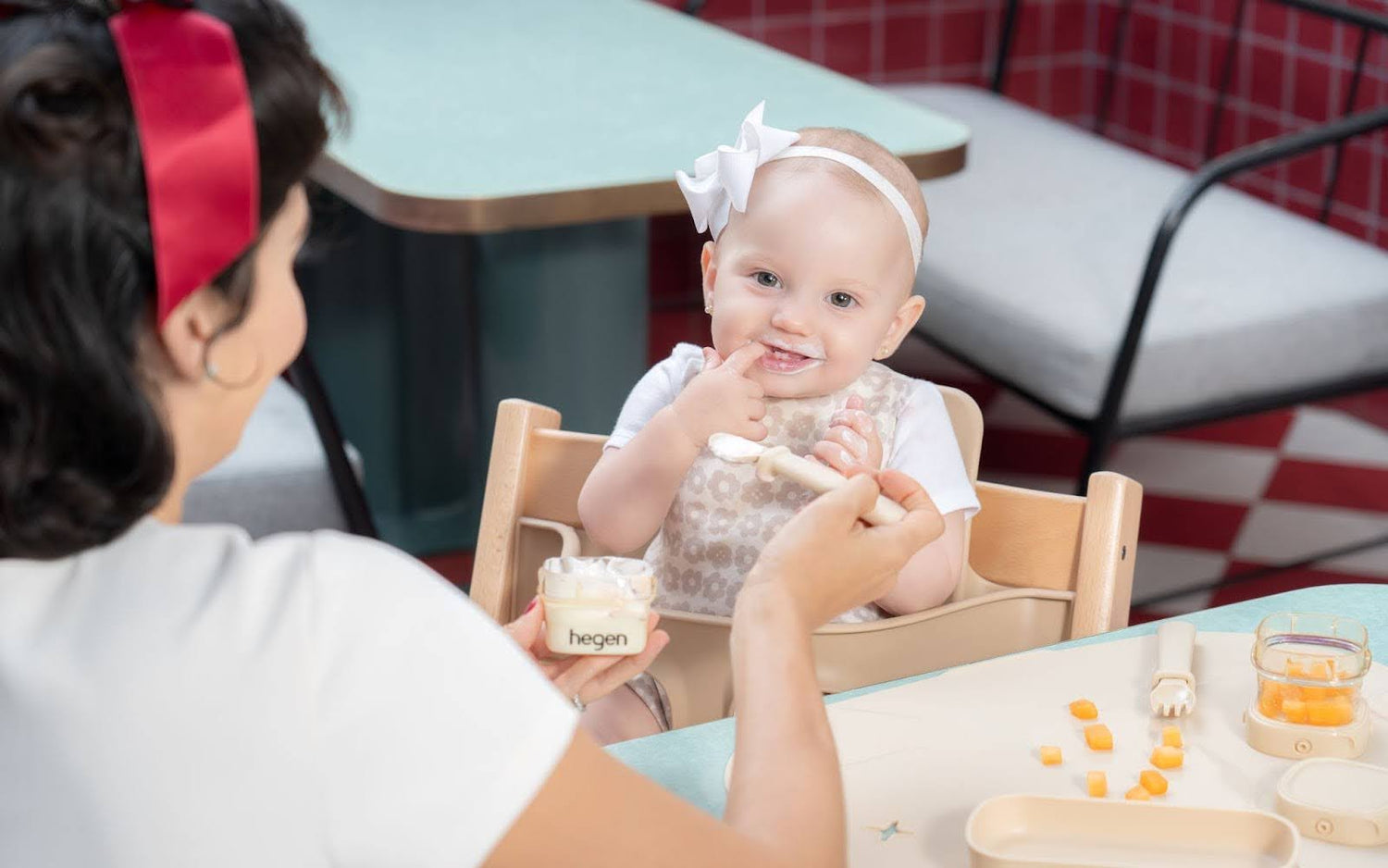For the whole of last year, we were inundated with bad news of lives lost, job losses, business closures and a looming economic downturn, but did the thought ever cross your mind how charities and NGOs were holding up during this uncertain time? For this charity, helping others still went on, even in light of a pandemic.
Last year, Hegen embarked on a year-long partnership with Safe Place, a charitable organisation that seeks to empower and provide women in challenging circumstances to be safe and supported during pregnancy.
The period during Circuit Breaker (CB) was a particularly tough time for them and Hegen identified Safe Place to be a top priority for our CSR work in 2020. Last Christmas, Hegen pledged $35,000 to Safe Place after raising funds from proceeds collects at the #HegenByMe event at Tangs. We thank each and every one who supported this event. Our efforts were just a small contribution compared to the ongoing work undertaken by the Safe Place team on a daily basis – especially during the lockdown.
Dealing with a lack of postnatal help
“We were severely affected. Because of all the restrictions, our staff could not be onsite except for our two live-in staff members who were stretched beyond their capacity to care and support 8 mums and 6 newborns in our residential service,” said Jennifer Heng, director of Safe Place.
The organisation runs the residential service for mums who are not necessarily homeless but don’t have a safe place to stay. They are invited to stay from any point of pregnancy up to four months after birth as Safe Place works with them to create a longer-term plan to become self-sustaining.
“Usually our staff would accompany these first-time mums for doctor appointments but of course we could not do that during CB,” she shared. “We also had 60 other non-residential mums who needed support but could not get the attention they needed.”
This resulted in adverse effects for their well-being as well as the babies. Many mothers ended up not being able to continue breastfeeding as the volunteer doulas were not able to come in to help those who faced problems. For these women who are already struggling with finances and unemployment, marital instability as well emotional burdens, it was yet another blow to sustain.
Rallying support in all forms
To manage the situation, Safe Place had to rally support swiftly. Said Ms Heng: “I had to mobilise staff in very different ways and we also called out for volunteers, some of whom were completely new to us.”
In those unusual times, the team had to manage their expectations and even take some risks. “A lot of our volunteers tend to be mums themselves and being out during the lockdown means a higher chance of being exposed to the virus,” explained Ms Heng.
As of today the frequency and volume of activities organised by the charity is operating at about 70% compared to pre-COVID days. Most of the programmes and talks they’d regularly run onsite are now done virtually. “But the good news is, our online events helped our non-resident mums to be able to have access and attend. But of course the degree of engagement was not the same.”
Creating customised support
Ms Heng shares that what is perhaps unknown or misunderstood is that Safe Place does not only reach out to only young, single or unwed mothers, but also to a growing group of married mums.
“For almost all of them, they commonly face the challenge of caregiving being an acute need. From the time a mother is pregnant, she has concerns about raising her child, and this becomes more pressing when there’s no family support,” she elaborated.
Struggles with finances and unemployment are also big issues, especially during COVID situations. In Singapore, it is already an existing challenge for pregnant mothers to find and keep work, especially for mums from a lower income group or those pursuing freelance gigs.
Apart from pragmatic concerns, they also face emotional and social problems and loneliness. Feelings of isolation become more exacerbated for everyone during lockdown periods, what more for mums who are already in vulnerable situations. Said Ms Heng: “Some don’t know who to talk to; others might feel blamed for the situation they’re in, especially if family members show little empathy and compassion.”
She shared that non-citizen mums have bigger worries as well as expenses, as oftentimes they’re in a situation whereby they’re expectant but estranged from their Singaporean Citizen partners or ex-spouses. “Then we’ll have to step in and help deal with different agencies locally and internationally to get support,” she said.
A little goes a long way
The money raised by Hegen will go some way towards helping 70 mothers under the care of Safe Place. Each beneficiary will be issued $500 worth of grocery vouchers across the next 3 months.
Ms Heng revealed that some of her clients need more individualised support. The vouchers would not be given in a lump sum but doled out over three batches. Safe Place will further help the mums to budget for their needs in order to get the most out of their vouchers.
“Safe Place does not provide outright monetary help but apart from fundraising efforts from partners like Hegen, we help them look into existing avenues to get what they need,” she told us. “For example there are government subsidies that enable eligible mothers to pay only $5 per month for childcare.”
The team of social workers also help needy and overwhelmed mothers to navigate or link them up with resources that can provide medical help or counselling when needed.
A change of perspective
Ms Heng feels that there is more can be done for mums but not necessarily in the way of giving resources. “I think that in terms of parenting, there is an expectation that a child is primarily the mother’s responsibility. Hence the term ‘single mum’ is commonly heard as opposed to ‘single dad’,” she surmised.
“The work that we do is not just about trying to give more resources to single mums but asking why they find themselves in such a needy situation at all. By only looking towards giving more help, it would build an unhealthy culture, indirectly saying that a Mother’s child is her responsibility alone. I wish more people would understand that this should not be the case.”
If you’re interested to help mums in need, do consider making a donation to Safe Place, or volunteer your services.





